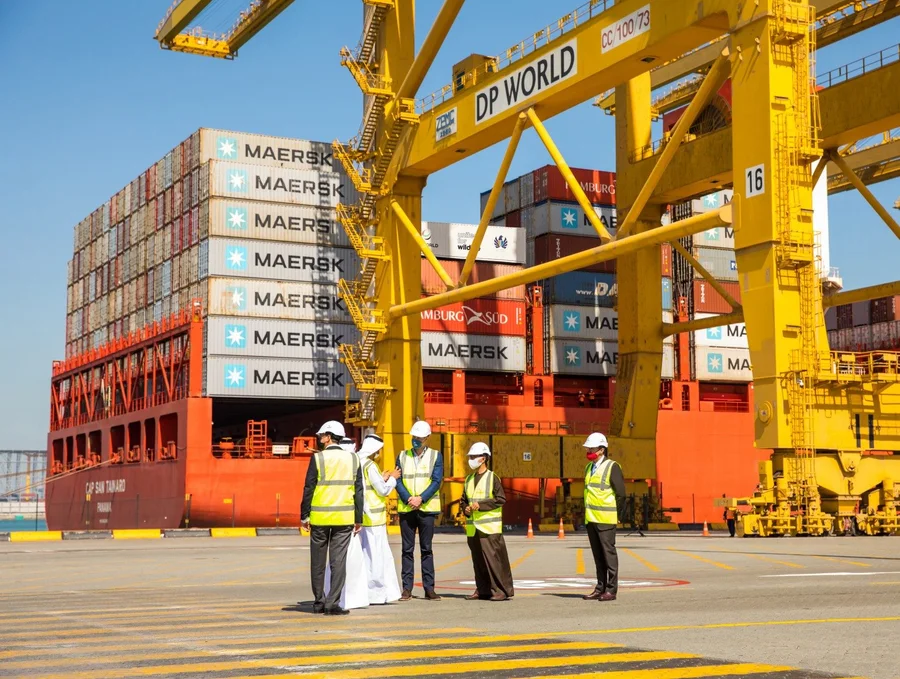Logistics powerhouse DP World has added Brazil, Senegal and South Africa to its groundbreaking Sustainable Development Impact Disclosure (SDID).
DP World’s continues to establish itself as a trailblazer when it comes to supply chain transparency.
The multinational logistics powerhouse previously became the first company to disclose its development impact in specific countries when it began reporting on India and Somaliland.
Now, it has added Brazil, Senegal and South Africa to its groundbreaking Sustainable Development Impact Disclosure (SDID), with various impacts and tangible impacts revealed in an extended report.
“We are committed to investing at scale globally to strengthen trade resilience and foster positive social impacts in the communities where we operate,” says Sultan Ahmed bin Sulayem, Group Chairman and CEO at DP World.
“So, we are immensely proud to extend this disclosure and highlight our contributions to advance the UN’s Sustainable Development Goals and bridge gaps in key developing economies. The report shows how the services DP World delivers create infrastructure, improve logistics services and provide opportunities for communities.”
Strategic investment in critical trade infrastructure
DP World’s latest disclosure reveals substantial investments in port infrastructure and logistics capabilities across the three new reporting territories.
In Brazil, DP World has invested US$409m in its operations at the Port of Santos operations, creating more than 2,000 direct and 5,000 indirect jobs.
The company is also partnering with railway operator Rumo to develop a new terminal at Santos, strengthening intermodal connectivity in South America’s largest economy.
Perhaps most significantly, DP World’s US$1bn investment in the construction of Senegal’s Port of Ndayane represents its largest ever commitment to an African port facility.
The two-phase development, located 50km from Dakar, will also be the largest single private investment in Senegal’s history and aims to establish the country as a leading regional trade hub.
Meanwhile, in South Africa, the company has secured a multi-product, multi-jurisdiction and multi-currency US$356.1m facility agreement with Standard Bank to modernise logistics infrastructure, with plans to extend improvements across Sub-Saharan Africa.
Setting new industry standards
The SDID programme aligns with guidance from the Impact Disclosure Taskforce and measures contributions to the United Nations Sustainable Development Goals.
Moreover, the scheme is intended to bridge development gaps in the key emerging economies globally where DP World operates.
“By introducing this disclosure, we aim to set a new industry standard for transparency and accountability, enabling global capital markets to make informed decisions based on reliable, publicly disclosed information,” says the Sultan in a foreword to the SDID report.
Maha AlQattan, Chief Sustainability Officer at DP World, emphasises the organisation’s desire to “deliver positive social impact”, while highlighting the significance of the expanded reporting framework:
“I’m excited to see this framework grow, offering real-world data on our contributions toward the United Nations Sustainable Development Goals at a time when the UN Trade and Development (UNCTAD) estimates a US$4tn annual financing gap for emerging markets and developing economies (EMDE) in achieving these targets.
“The SDID allows us to demonstrate how we are enhancing trade resilience and delivering positive social impact in the communities in which we operate.”



